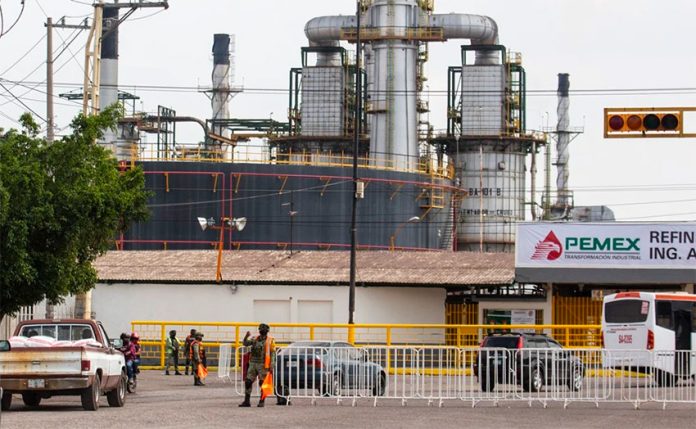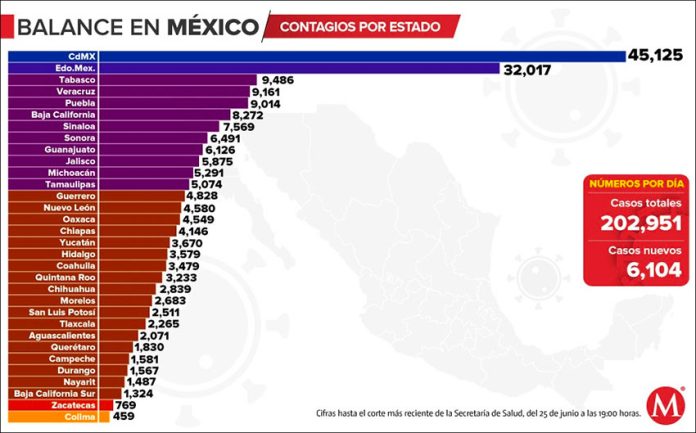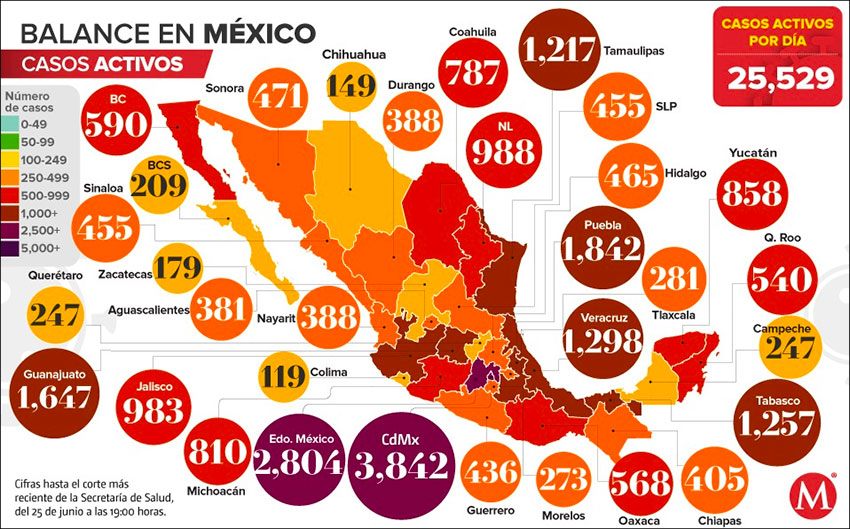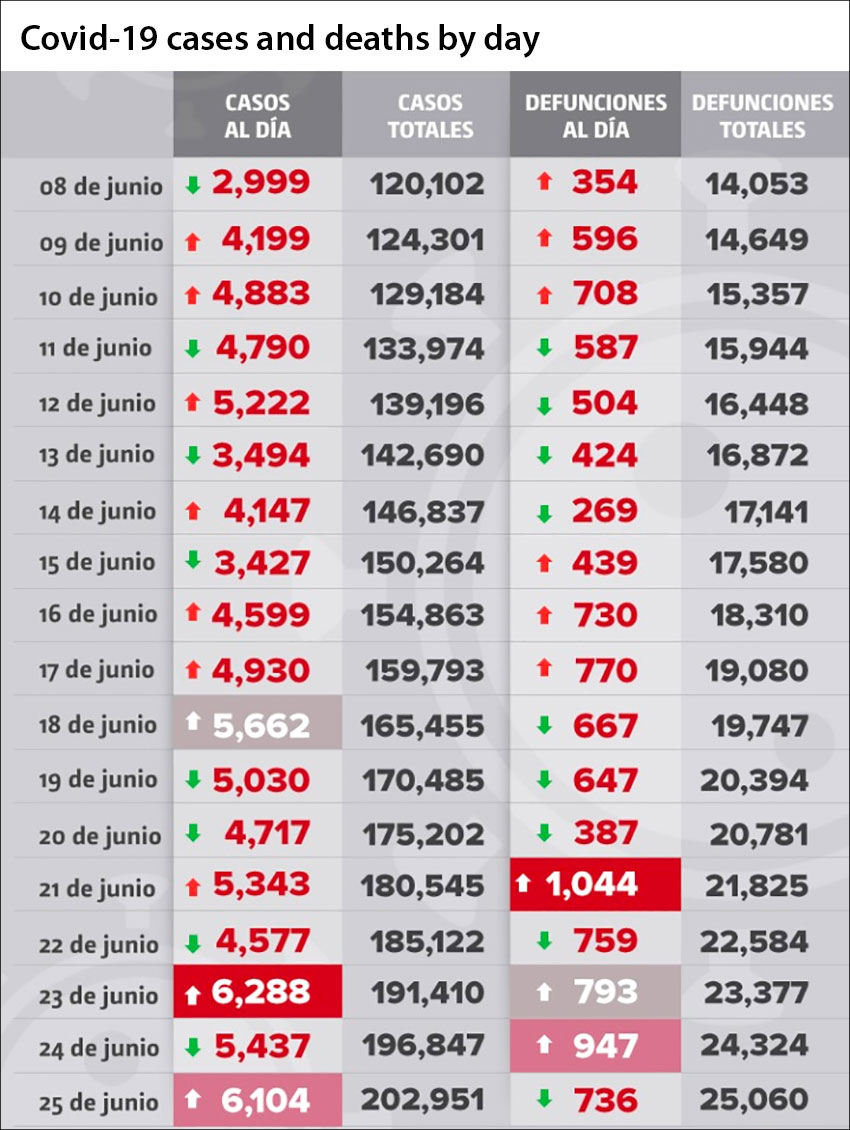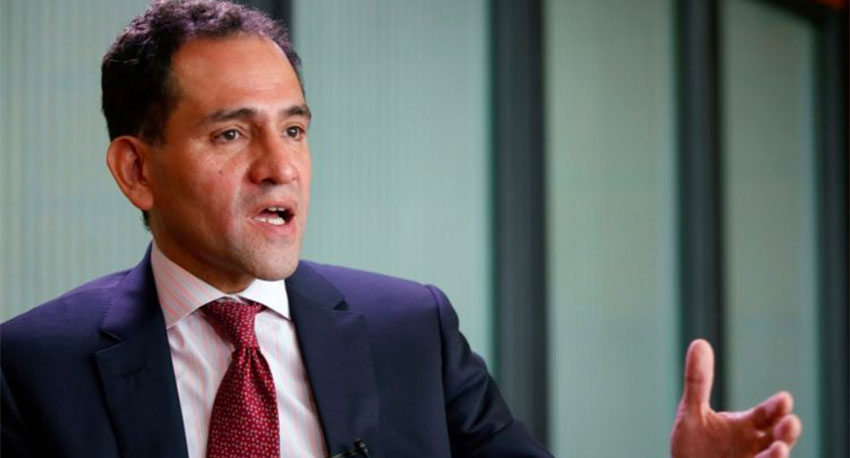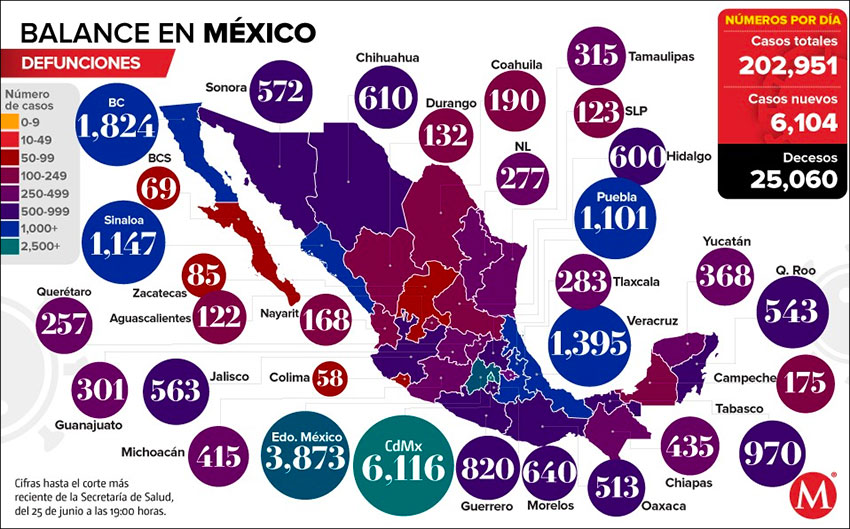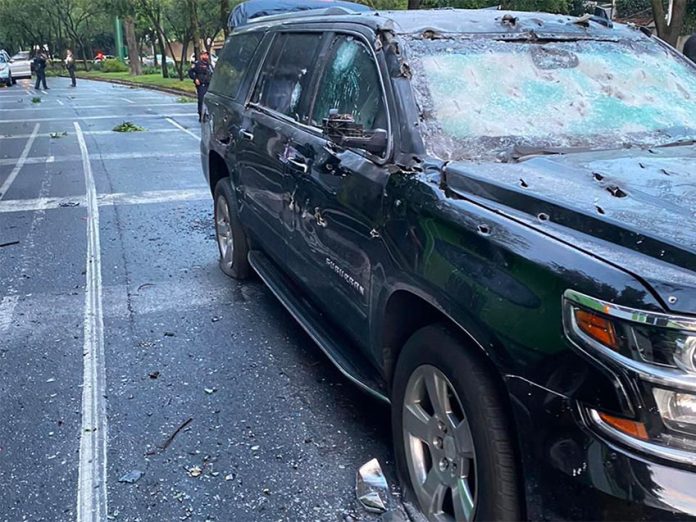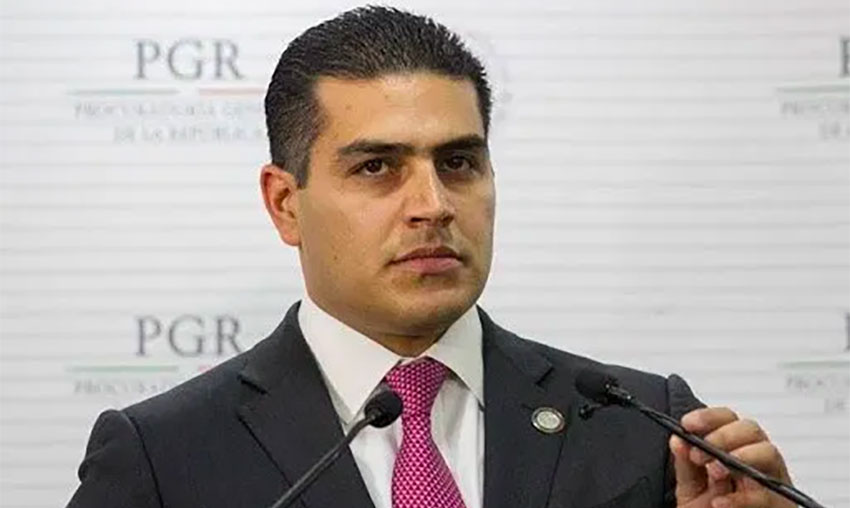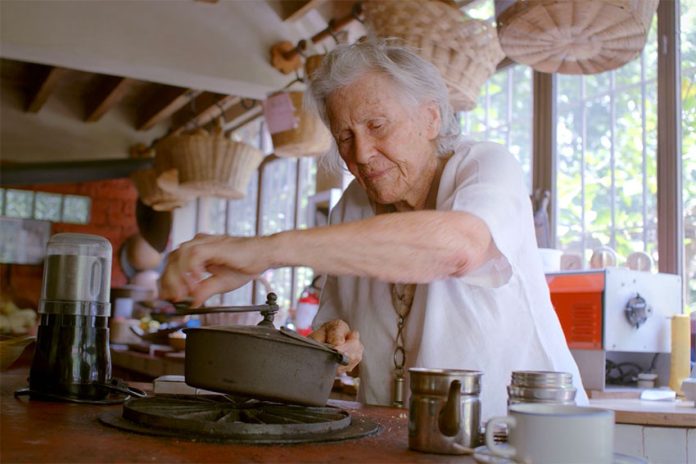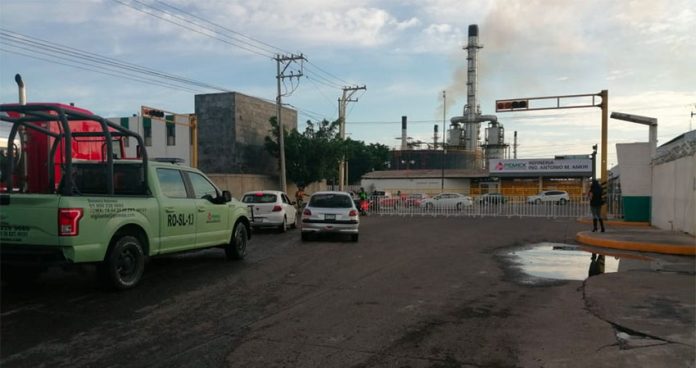The United States ambassador to Mexico said on Thursday that it’s not a good time to invest in Mexico, but later revised his remark.
Speaking at a virtual conference organized by the Confederation of Industrial Chambers (Concamin), Christopher Landau charged that the Mexican government has not fulfilled its promise not to change the investment rules that were in place when it took office in December 2018.
“An essential part of my work as ambassador is to try to fix problems when they arise and to try to encourage investment of my compatriots. But I can’t lie to them nor can I tell them it’s an opportune time to invest in Mexico,” he said.
“We see very disheartening things for foreign investment, … we’ve obviously seen worrying things in several sectors,” Landau added.
The ambassador subsequently backtracked in a Twitter post.
“It’s being reported that I told Concamin that it’s not the right time to invest in Mexico. I didn’t say that. What I said is that investors seek certainty, and that there is nothing worse than changing the rules of the game,” Landau wrote.
“With the entry into force of the USMCA [the new North American free trade agreement], we have a golden opportunity to attract investment and supply chains to the three countries of North America. Hopefully we take advantage of this opportunity to boost economic growth and the prosperity of our region,” he said in another Twitter post.
However, Landau suggested during the Concamin conference that the “uncertainty” created by the federal government could be a barrier to increased investment in Mexico.
He acknowledged that Mexico has the right to change existing policies and establish new ones but added that it must be recognized that these changes can have a “very negative” impact on domestic and foreign investors.
“The Mexican government said that … it didn’t agree with some of the policies of previous governments but it was going to respect the promises that were made in the past, the rules of the game that were established,” Landau said.
“Maybe [it said] that it wasn’t going to expand or deepen [the existing policies] but [it did say] that it was going to respect them. For me, some of the actions in recent months, especially in the energy sector, have created uncertainty about the government’s promise to respect what was done in the past and not to change the rules of the game,” he said.

“A lot of business people around the world are reevaluating their supply chains and thinking: ‘If we leave China, where do we go?’ Mexico should be a natural destination especially considering that the USMCA comes into force in less than a week but as far as I know we haven’t seen a great wave of investment in Mexico. On the contrary, there has been a great effort to preserve the already existing investments.”
As Landau indicated, the federal government has recently made a range of changes to policies in the energy sector.
They include changing rules about who is eligible to receive clean energy credits, suspending national grid trials for new renewable energy projects, increasing transmission costs by as much as 800% for some private energy companies and putting an end to joint ventures in the oil sector.
The Energy Ministry also published a new policy in May that imposes restrictive measures on the renewable energy sector that could effectively prevent its expansion in Mexico and consolidate control of electrical power in the state-owned Federal Electricity Commission.
All of the policy changes angered the private sector, and several legal challenges have been launched against them.
The American Fuel and Petrochemical Manufacturers (AFPM), a United States trade association that represents most of that country’s refineries, has now added its voice to the dissent.
In a letter sent to United States President Donald Trump this week, AFPM president Chet Thompson expressed concern about the actions the Mexican government has taken to limit current and future investment in the energy sector.
He said the government has dragged its feet in granting permits to build new energy infrastructure, canceled import permits and changed regulations so that they favor the state oil company Pemex.
Thompson said that the actions threaten the investment of United States companies operating in Mexico as well as future income and U.S. jobs. The AFPM chief also said that it was doubtful that the actions were lawful under the terms of the USMCA.
The appeal to Trump to help persuade Mexico to respect the rules established by the previous government’s 2014 energy reform comes the same week as President López Obrador confirmed that he will travel to Washington D.C. to meet his U.S counterpart.
The American Petroleum Institute also wrote to the U.S. government this month to ask that it urge Mexico to cease discriminatory practices against U.S. oil companies operating here.
López Obrador has made no secret of the fact that he is not a fan of the 2014 energy reform and his government has taken steps to strengthen the state-owned oil and power utilities at the expense of private and foreign companies.
Source: Milenio (sp), El Financiero (sp)

